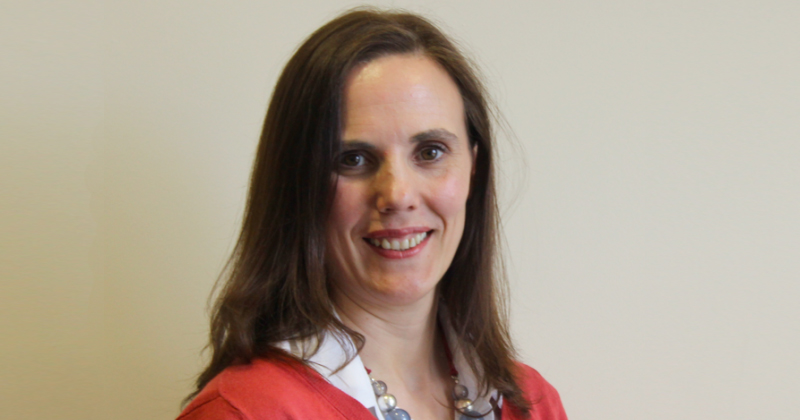Ofsted and the Care Quality Commission (CQC) will visit council areas to assess support for children with special educational needs and disabilities (SEND) who are not in school.
Ofsted said the number of children with SEND who are not in full-time education “has been growing to a concerning extent”.
It will use its series of “thematic visits” – carried out to examine particular aspects of the SEND system – to look at the issue this year.
It comes as the government’s children’s wellbeing and schools bill seeks to enact a rule requiring parents of special school pupils to get council permission to withdraw their child for home education.
The visits, taking place between spring and summer, will focus on the experience of children who are of compulsory school age but are not registered at any independent or state-funded school, and how they are being supported.
The visits “will also consider the experiences of children who are on a school roll but are flexi-schooled…on a part-time timetable, receiving education otherwise than at school, or are severely absent”.
It comes after Ofsted chief inspector Sir Martyn Oliver last month raised concerns over the rise of ‘flexi-schooling’. Noted in Ofsted’s annual report as a growing phenomenon, the practice sees pupils educated at home for part of the week.
SEND pupils missing more school than their peers
Oliver said a lack of data on the number of children being ‘flexi-schooled’ meant the watchdog wasn’t able to get a “proper handle” on the practice.
Meanwhile, data suggests the absence gap between children with SEND and their peers has widened as the SEND crisis continues.
Analysis by the Education Policy Institute last year found pupils with SEND or those from disadvantaged backgrounds are missing up to 4.4 more days than other youngsters.
Lee Owston, Ofsted’s National Director for Education, said on Tuesday: “We know from our inspections that the number of children with SEND who are not in school has been growing to a concerning extent.
“It’s vital that the most vulnerable children are not out of sight and that they continue to receive the support they need, even when they are not at school. I hope these visits will help us to understand the experiences of these children, as well as the barriers local areas are facing in trying to deliver improvements for them.”
During their visits later this year, Ofsted and the CQC “will look at how local area partnerships are working to meet the needs of these children and the availability of universal and specialist health services”, said Ofsted.
“Inspectors will also consider the reasons why children are not in full-time education and what is being done to support them to attend school.”
Report to be published in autumn
The visits will look at how information is being shared between schools and agencies, and barriers local agencies are facing when trying to support children not in school.
“Evidence will be gathered from key stakeholders to understand their experiences, including children and young people with SEND and their families,” said Ofsted.
The visits are different from local area SEND inspections, and will not result in judgments about individual local areas.
Instead, an overarching report will be published in autumn 2025, highlighting examples of good practice as well as identifying any “systemic concerns”.
Lucy Harte, deputy director of multiagency operations at the CQC, said: “We need to understand what the impact is on children and young people with SEND when they are not educated at a school. This includes their access to education, health, and care services.
“Working with Ofsted, these visits will allow us to look at the relationships between local area partnerships including health care services in order to help understand how they can best meet the needs of children and young people with SEND.”











